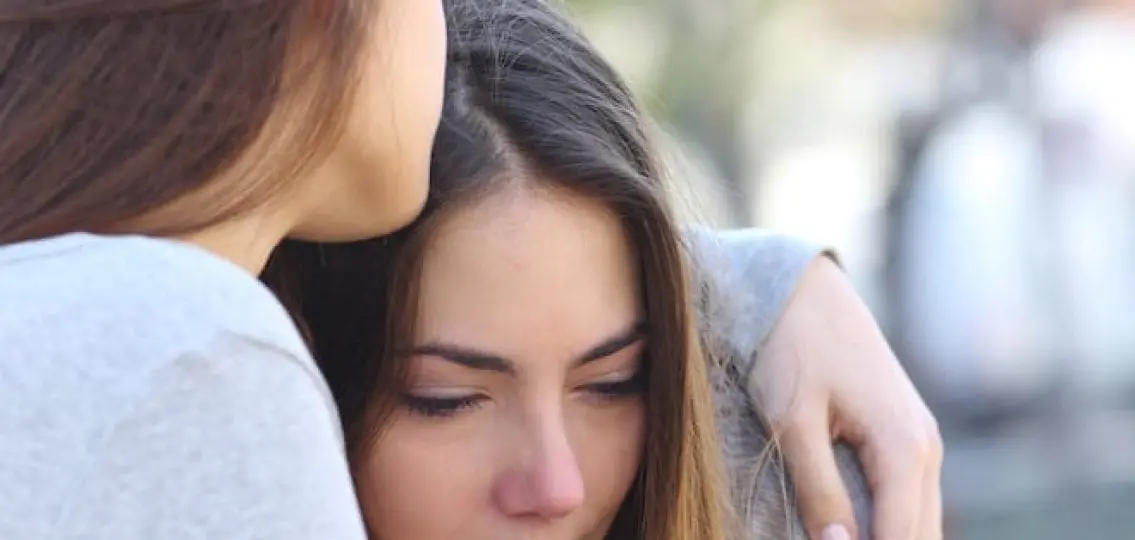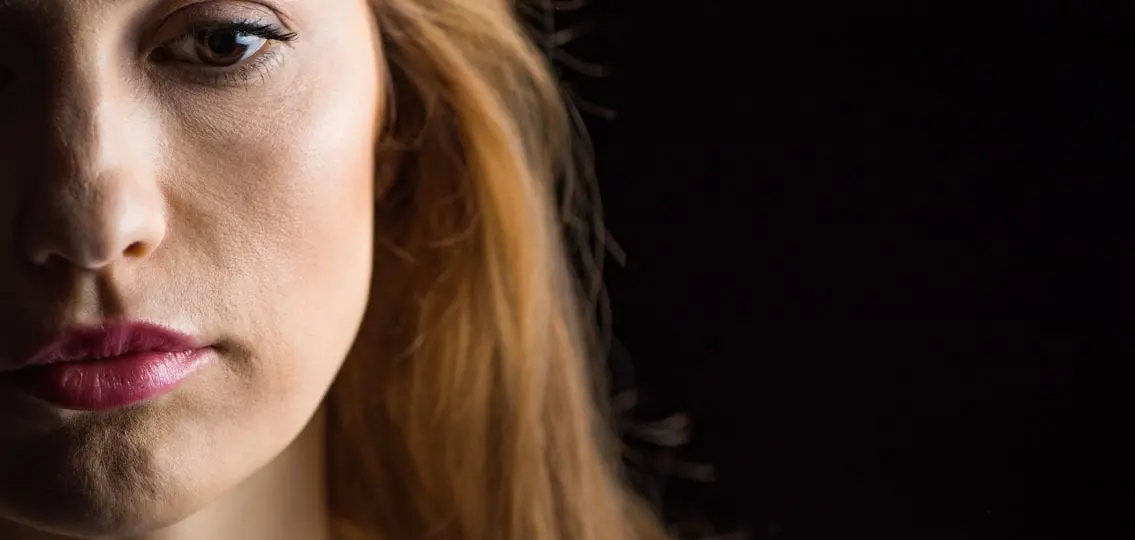Although I have been battling depression since my late teens, I consider myself lucky. Thanks to medication, therapy, and a wonderful support system, I can usually keep depression at bay. When it does pay a visit, it doesn’t linger for very long. I am able to plow through the pain, at least most of the time.

Most of the time, but not always. Occasionally, my depression is so severe that it takes over my life, eclipsing everything else. I fall behind in my work; the dishes pile up in my sink; I don’t answer the phone. Everyday tasks —going to the post office, calling my child’s teacher—become insurmountable.
When depression fells me—which, thankfully, happens only once every few years—I feel scared, alone, and very guilty.
I’m a parent! I’m supposed to be the strong one, the dependable one. And here I am, barely able to take care of myself, much less anyone else.
When I had my first child, I knew the kind of parent I wanted to be: energetic, upbeat, strong. I would take my children to museums, help them with their science projects, teach them how to cook. I would fill my home with music and art and laughter. Sure, they would have hard times, but they could always count on one thing: I would be there, fully available, ready to listen and advise. Whatever else they had to worry about, they wouldn’t have to worry about me.
My experience with depression changed my expectations. Over the years, I invested a lot in my kids. I gave them love and energy and attention. I’ve worked on more science fair projects than I care to remember. I’ve deposited a lot of good into my account, building enough of a foundation, enough capital, to see them through the difficult times.
My children understand that depression is an illness, and they know that I will get better.
Of course, I wish my children didn’t have to see me suffer. I grew up with a depressed parent, too, and I know how hard it can be. But, things are different today. My father’s condition was a family secret, whereas I am open about my illness. We have a much better understanding of depression today and better treatment options.
Living with a depressed parent is challenging for my children, but it doesn’t break them.
Having just emerged from a major depressive episode, I have seen, yet again, my kids’ resilience. I don’t think they are scarred or scared. They were sad, as we all are when someone we love is in pain, but they’re better. For my children, having a parent with depression is unfortunate but not devastating.

This is the family they were born into: loving, caring, and imperfect. Although I may not believe it when I’m in the middle of a bad episode, the truth is that my illness is not preventing my children from leading full, happy, rewarding lives. And, I hold onto this when the rest of my life feels so fragile: the knowledge that, in the end, the kids really are all right.




